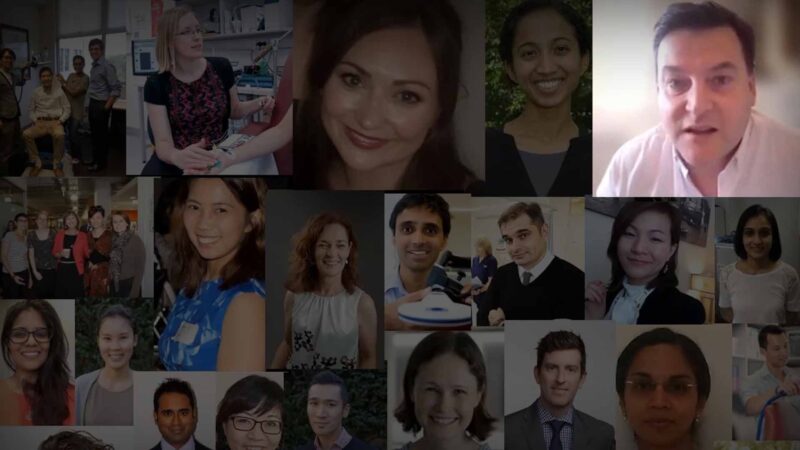Dr Jasjit Baveja is the Associate Director of Policy at the Medical Technology Association of Australia (MTAA), where she oversees regulatory affairs, clinical code of practice, procurement, industry policy, reimbursement, and advocacy. With over 20 years of experience in the medical device regulatory space, Dr Bavej’s expertise lies in providing educational opportunities for regulatory professionals in Australia to ensure continuous learning and professional development. She collaborates closely with the Therapeutic Goods Administration (TGA) to run workshops that provide invaluable experience, networking opportunities, and skill enhancement.
Regulations, such as the Therapeutic Goods Act of 1989, the Therapeutic Goods Regulations of 1990, and the Therapeutic Goods Medical Device Regulations of 2002, serve as a cornerstone for the medical technology industry and are essential in ensuring patient safety and promoting innovation within the industry.
According to Dr Baveja, “Setting stringent quality standards throughout the lifecycle of the medical device, regulations safeguard patient and public health by ensuring only safe and effective medical devices are on the market. With the confidence instilled in patients, healthcare workers, and broader stakeholders that any device that has gone through rigorous testing has met the scrutiny of regulatory requirements, the uptake of medical technology and novel medical devices is facilitated.”
MTAA offers workshops in medical device regulatory affairs for regulatory professionals, providing comprehensive education on Australian medical device regulations to enhance patient access to medical devices and streamline regulatory processes for faster approval times.
The Medical Technology Association of Australia (MTAA) is the national association representing companies in the medical technology industry.
MTAA represents manufacturers and suppliers of medical technology used in the diagnosis, prevention, treatment and management of disease and disability. The range of medical technology is diverse with products ranging from familiar items such as syringes and wound dressings, through to high-technology implanted devices such as pacemakers, defibrillators, hip and other orthopaedic implants. Products also include hospital and diagnostic imaging equipment such as ultrasounds and magnetic resonance imaging machines.
You Might also like
-
Allied health flourishes in regional and rural Victoria
Associate Professor Sanjay Jeganathan, Chair of the Council of Presidents of Medical Colleges (CPMC) states, ”Our rural and regional communities deserve the same access to specialist care as our cities. We’re seeing real results from our colleges’ commitment to rural training.”
-
Generosity of spirit in teaching
The Ramaciotti Medal for Excellence is considered one of the most prestigious awards in biomedical research in Australia and is highly sought after by researchers in the field.
In 2022, Professor Matthew Kiernan was the recipient of the Ramaciotti Medal for Excellence and the associated $50,000 award.
Australian Health Journal spoke with Professor Kiernan to hear about his journey in medicine and science to try and uncover and understand diseases and his generosity of spirit to pass on what he has learnt.
-
WA and QLD RSV Immunisation programs show drops in infant hospitalisations
RSV is the number one cause of hospitalisation of Australian children under five years of age, according to the Immunisation Foundation of Australia (IFA). There are mounting concerns that Australians at greatest risk of severe Respiratory Syncytial Virus, or RSV will miss out on protection against the lung infection, with the Federal Government failing to commit to a national RSV immunisation program.



